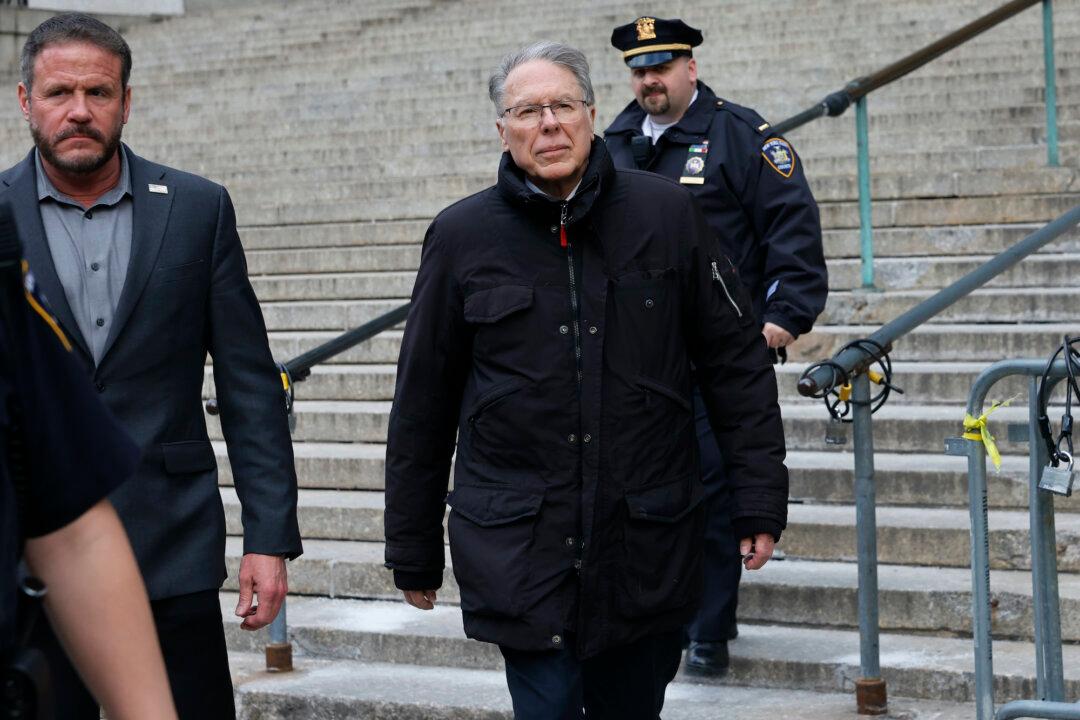The Federal Reserve’s Federal Open Markets Committee (FOMC) is expected to raise interest rates again this week in a bid to further reduce inflation. However, a Colorado Senator is urging the committee, which is meeting on Jan. 31 and Feb. 1, to proceed with caution.
“The Fed should pause before taking any additional action that would throttle an already fragile economy,” wrote Sen. John Hickenlooper (D-Colo.) in a Jan. 30, 2023, letter to Federal Reserve Chairman Jerome Powell.





